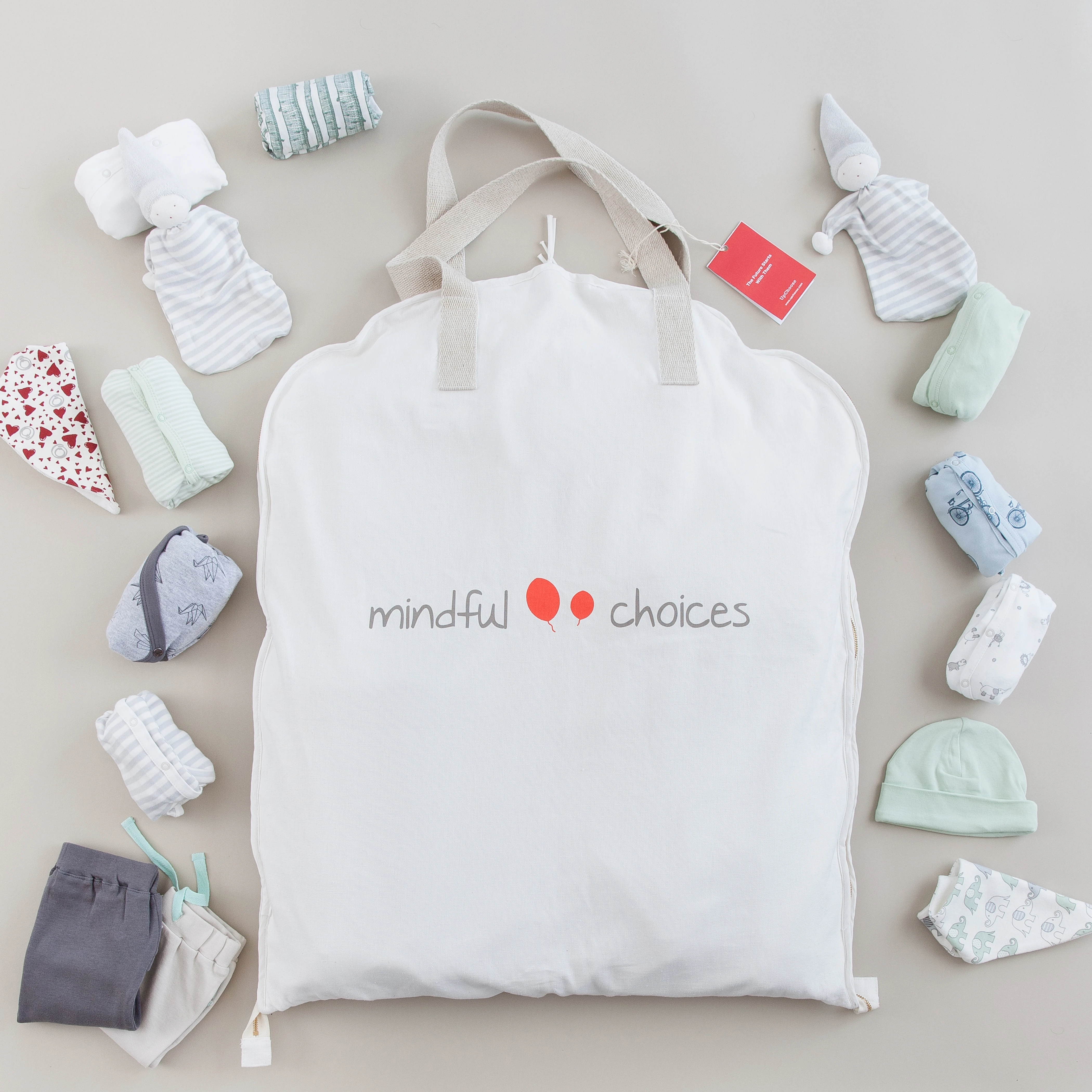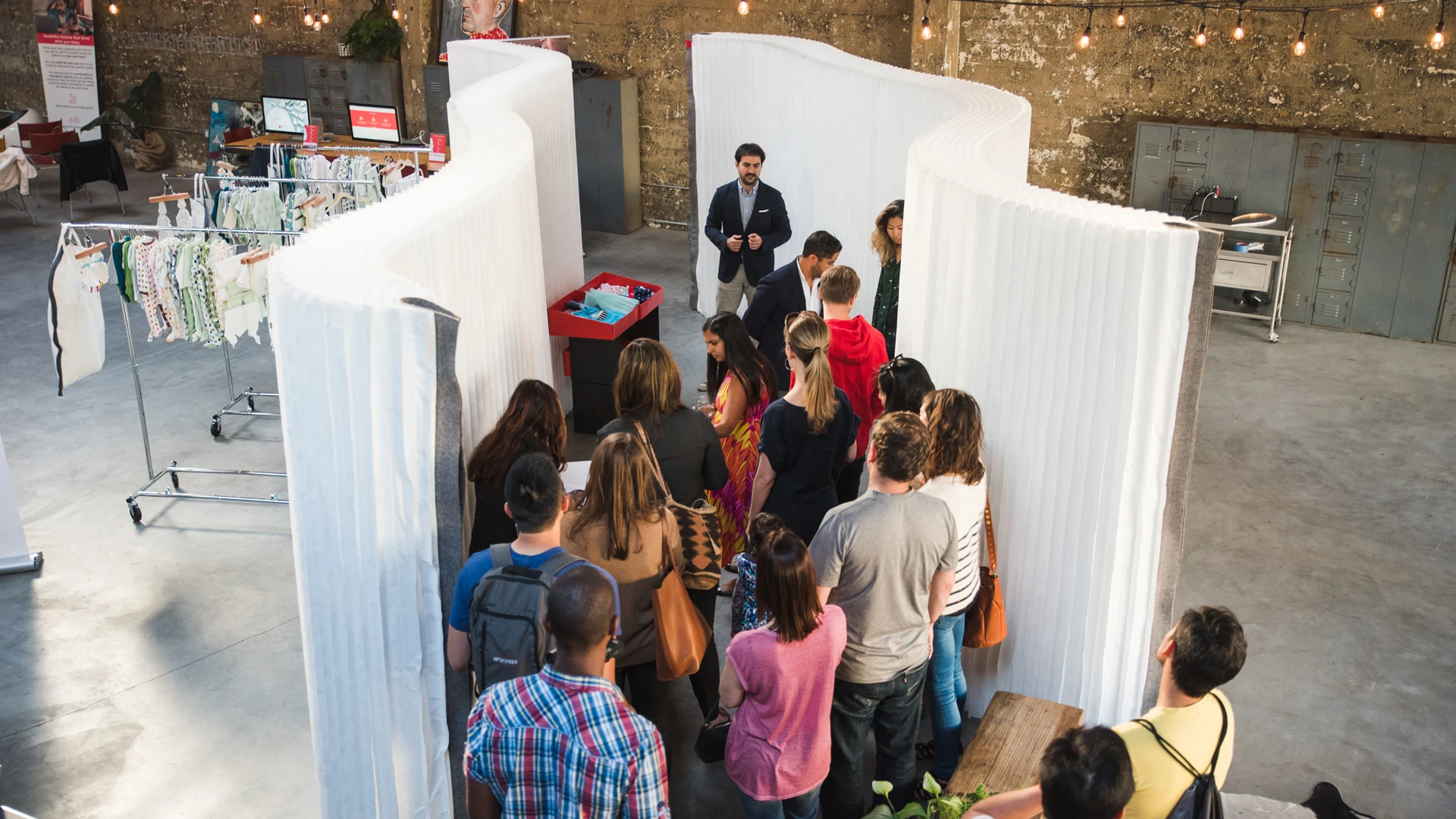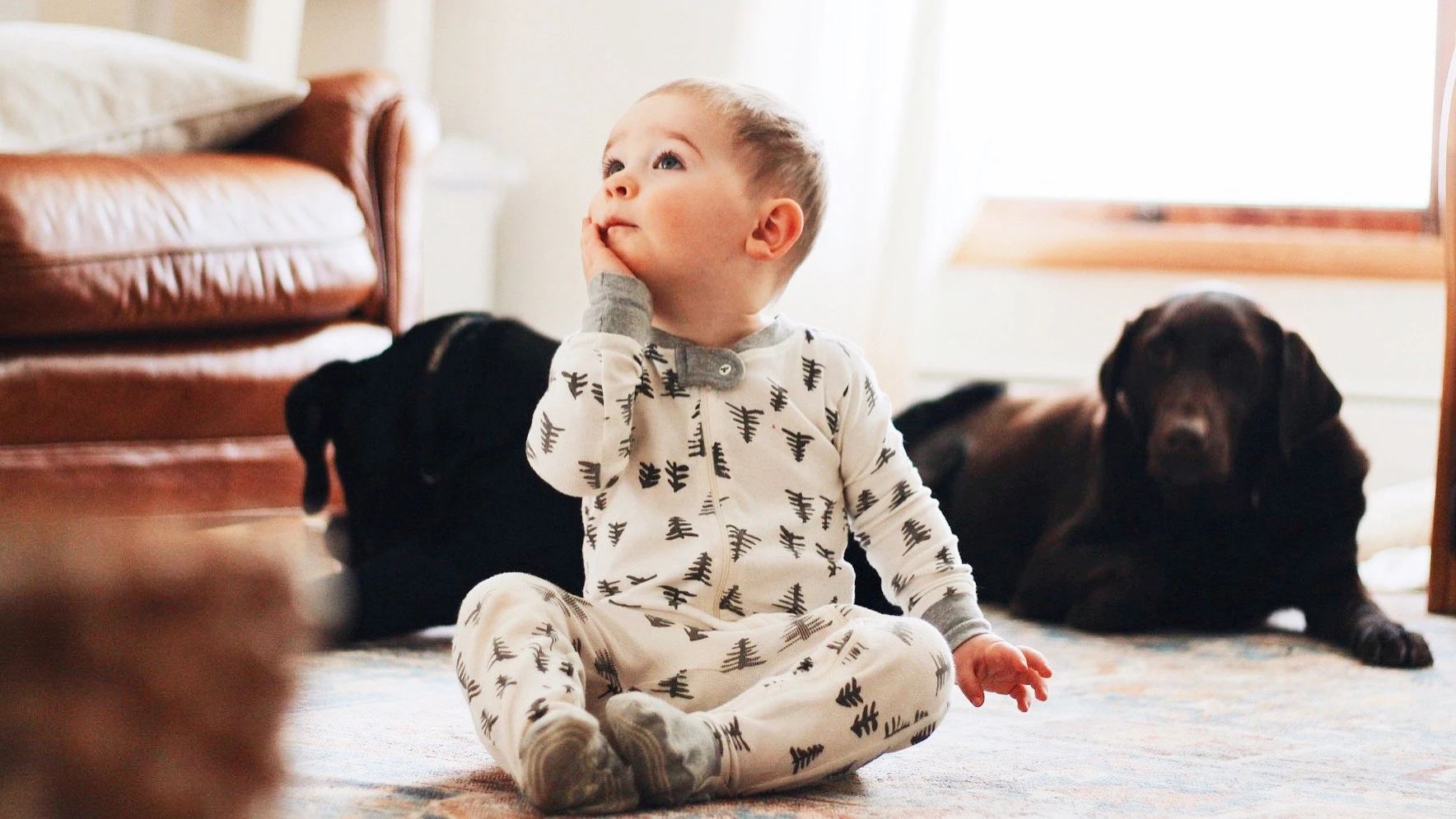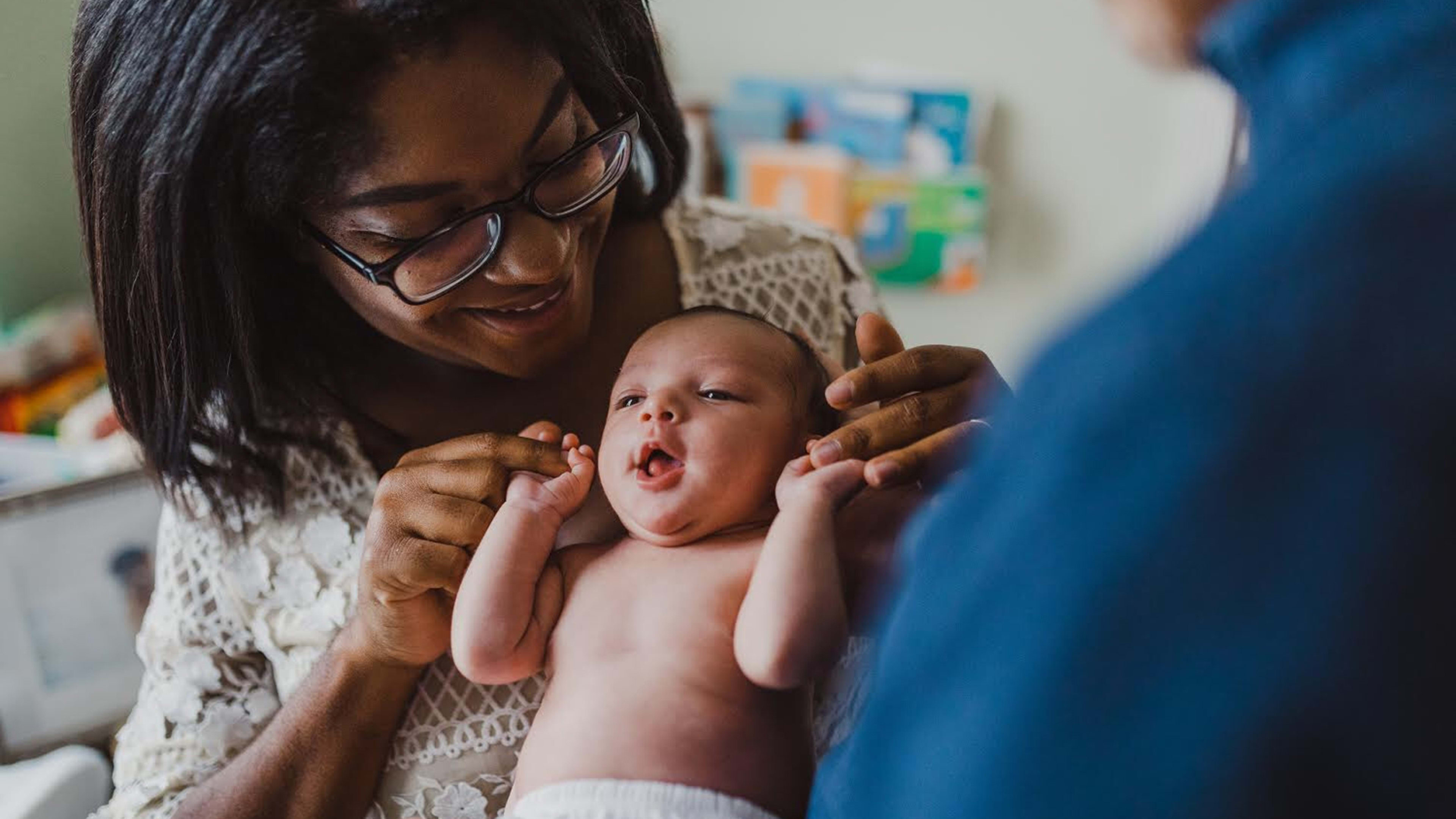For most clothing companies, tackling sustainability revolves around actions like choosing better materials or finding new ways to recycle clothes. Fewer companies look at a more fundamental problem: We buy too many clothes in the first place.
UpChoose, a year-old startup, is focusing first on a part of the market that generates clothing waste especially quickly: baby clothing. The company, which calls itself a “sustainable consumption” company, sells new parents a full set of organic cotton clothes. As the babies grow, parents send the clothes back and get a discount for the next size up; the old clothes are resold on the same platform to other parents. The company plans to expand to other products like toys and furniture.

Founder Ali El Idrissi previously helped build the sustainable investment team at J.P. Morgan, where he worked on projects tackling challenges like climate change and supply-chain working conditions. “Over time, I sort of came to the understanding that for many of these projects that I was involved in, we were really tackling the symptoms rather than the roots,” he says. “One of the roots is really linked to our lifestyle . . . and this lifestyle is very much driven by consumption.”

Baby clothing makes sense as a place to intervene in the system, he says, for a few reasons. Behavioral science suggests that it’s easier for people to make a change when there’s a major catalyst in their life, like the birth of a child. Parenthood tends to come with mindless consumption of baby clothes, but El Idrissi also recognized that parents could be receptive to a solution that would make it easier to shop and would save money.
Because the clothes are resold multiple times, it’s possible for the platform to offer organic cotton clothing for less money. Customers have the option to buy a set of new clothes or “preloved” clothes, and then get further discounts as they send the clothes back. “If we’re able to organize this so that we have a number of families using these over time, then we don’t have to charge as much,” El Idrissi says. “You shouldn’t have to pay a premium to get pesticide-free clothes for your baby.”

Of course, parents already have the option to donate baby clothes to family members or secondhand stores. But El Idrissi believes that the new platform makes it more likely that clothes are reused the maximum number of times, both because it makes exchanging clothing simple and because there’s a financial incentive to send the clothing back. The startup is also working with clothing brands to give feedback on the durability of the clothing so that it can be redesigned to stay in use longer.
The company wants to reach as many parents as possible—not just those who might have already been thinking about sustainability or reducing waste, but people who are just interested in saving money or spending less time shopping. “What we’re trying to do at heart is to avoid that excess in the first place,” he says. “Without telling anyone, ‘You should buy less,’ we’ve actually come up with a service that you can subscribe at the click of a button and be excited about it. By design, you will buy less.”
Recognize your brand’s excellence by applying to this year’s Brands That Matter Awards before the early-rate deadline, May 3.
